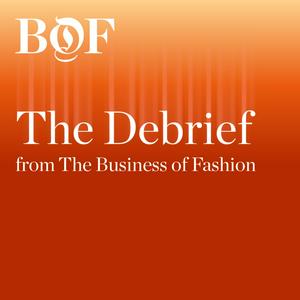Across fashion, companies that once embraced remote or hybrid work are increasingly pushing employees back into the office, with some moving towards four or even five days a week. At the same time, competition for jobs, particularly at entry level, is intensifying amid layoffs, slower industry growth and the rise of AI.
On this episode of The Debrief, senior correspondent Sheena Butler-Young and executive editor Brian Baskin are joined by BoF Careers’ Sophie Soar to unpack why the power balance has shifted back to employers, how different generations feel about being in the office, and what practical routes still exist for early-career talent trying to get a foot in the door.
Key Insights:
During COVID, companies found people could be “just as, and in some cases, more productive” at home – but that was when productivity meant output. Now, Butler-Young argues that employers are widening the definition: “Productivity should also include collaboration, morale, people being together… face time with leaders.” And with the labour market tightening following economic pressure, layoffs and AI taking some jobs, leaders have more leverage to enforce it. “In 2025 and now into 2026, it’s looking more like an employer’s market,” Butler-Young says.
While some executives argue that in-person work improves collaboration and reduces errors, Butler-Young warns that motivations are not always benign. She points to a growing sense that mandates can act as a quiet form of workforce reduction. “One way you can get people to effectively fire themselves is to make them come to the office,” she says, noting that some companies may prefer attrition to public layoffs. She also cautions against copy-and-paste policies. “If you’re seeing productivity high and morale high at one to two days a week, you need to ask yourself, what am I hoping to accomplish if I move it to four or five?”
Despite a difficult labour market, Soar stresses that fashion companies have not stopped hiring altogether. Instead, they are being more selective, particularly when it comes to junior roles that can be automated. "There definitely is a squeeze on the ones that are considered more rote work,” she says. “Those are the roles you could potentially automate or replace with AI.” However, some employers are still investing in early-career talent. “Those who are still hiring for entry-level roles recognise the benefit that that talent can bring,” Soar explains, pointing to diversity, long-term retention and fresh perspectives.
Additional Resources:
Fashion Is Done With Remote Work | BoF
How to Get Ahead in Fashion’s Stagnant Job Market | BoF
How Fashion Brands Are Making Remote Work Permanent | BoF
Hosted on Acast. See acast.com/privacy for more information.


